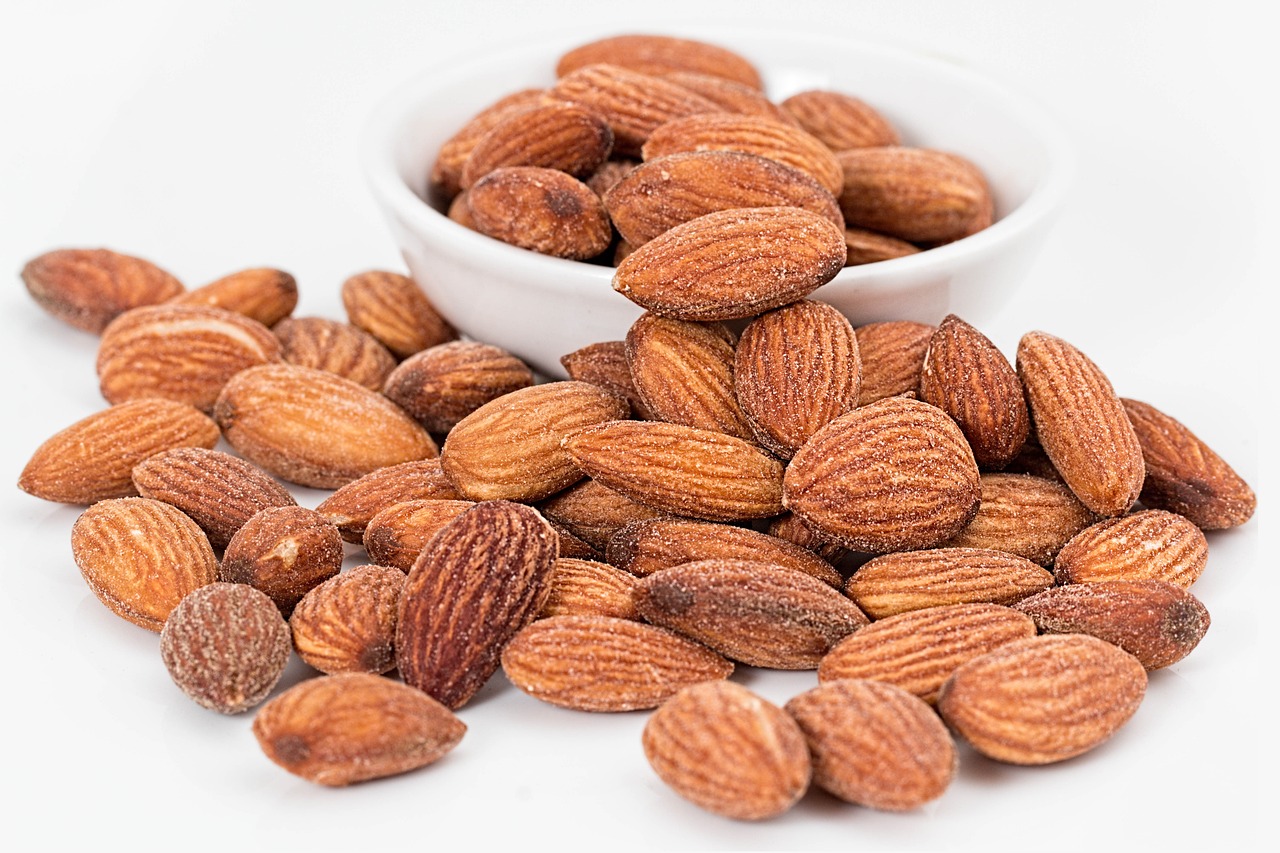In today’s fast-paced world, meal replacements have emerged as a popular solution for those seeking convenience without sacrificing nutritional quality. Whether you’re a busy professional, an athlete looking for optimal performance, or someone managing weight, meal replacements provide a viable option when traditional meals may not be feasible. In this blog post, we will delve into the concept of meal replacements, their benefits, types, and considerations to help you make informed choices.
What Are Meal Replacements?
Meal replacements are products designed to substitute regular meals, typically offering a balance of macronutrients (proteins, carbohydrates, and fats) and essential vitamins and minerals. They come in various forms such as shakes, bars, and powders, making them a versatile option for different lifestyles.
Typical Composition of Meal Replacements
- Proteins: Essential for building and repairing tissues, commonly derived from whey, soy, or pea sources.
- Carbohydrates: Often included in the form of complex carbs to provide sustained energy.
- Fats: Healthy fats such as omega-3s may be included for cardiovascular support.
- Vitamins and Minerals: A full spectrum to cover daily nutritional needs.
Benefits of Meal Replacements
Adopting meal replacements can offer several distinct advantages:
Convenience
Meal replacements are perfect for those with hectic schedules. They allow you to maintain a balanced diet without the need to prepare meals from scratch.
Weight Management
For individuals looking to lose or maintain weight, meal replacements can help by:
- Controlling portion sizes
- Reducing calorie intake without compromising nutrition
Enhanced Nutritional Profile
Many meal replacements are fortified with additional nutrients:
- High fiber content aids digestion and promotes satiety.
- Rich in antioxidants that support overall health.
Types of Meal Replacements
Meal replacements come in various formats catering to individual preferences and needs.
Shake Formulas
These are among the most popular meal replacements and can easily be mixed with water or milk.
Bars
Convenient for on-the-go meals, bars offer a portable solution that doesn’t require preparation.
Powders
Often used in smoothies, meal replacement powders allow for custom nutrition by blending with various ingredients.
Considerations When Choosing Meal Replacements
While meal replacements can be beneficial, it’s essential to choose wisely. Here are some key considerations:
Quality of Ingredients
- Opt for products with whole food ingredients over synthetic additives.
- Ensure high protein content to maintain muscle mass.
Caloric Content
Consider your overall dietary goals:
- For weight loss: Look for meal replacements with lower caloric content.
- For muscle gain: Choose higher protein, calorie-dense options.
Dietary Restrictions
Check for allergens and dietary suitability:
- Gluten-free
- Dairy-free
- Plant-based options for vegans
Practical Examples of Meal Replacement Use
Consider the following scenarios:
Busy Professional
A professional who often skips meals may incorporate a meal replacement shake alongside a morning coffee to ensure they start the day with essential nutrients.
Athlete’s Post-Workout Recovery
An athlete may use a high-protein meal replacement after workouts to support muscle recovery.
Weight Loss Journey
Someone on a weight loss plan might replace one or two meals with low-calorie meal replacement bars to control their calorie intake efficiently.
Conclusion
Meal replacements present a viable option for individuals seeking convenience and balanced nutrition in today’s fast-paced lifestyle. By understanding the types, benefits, and considerations involved, you can harness the power of meal replacements effectively. Whether you are managing weight, fueling a busy lifestyle, or enhancing athletic performance, incorporating meal replacements into your diet can simplify your nutrition without compromising on quality. Remember to choose products that align with your dietary needs and fitness goals for the best results.






